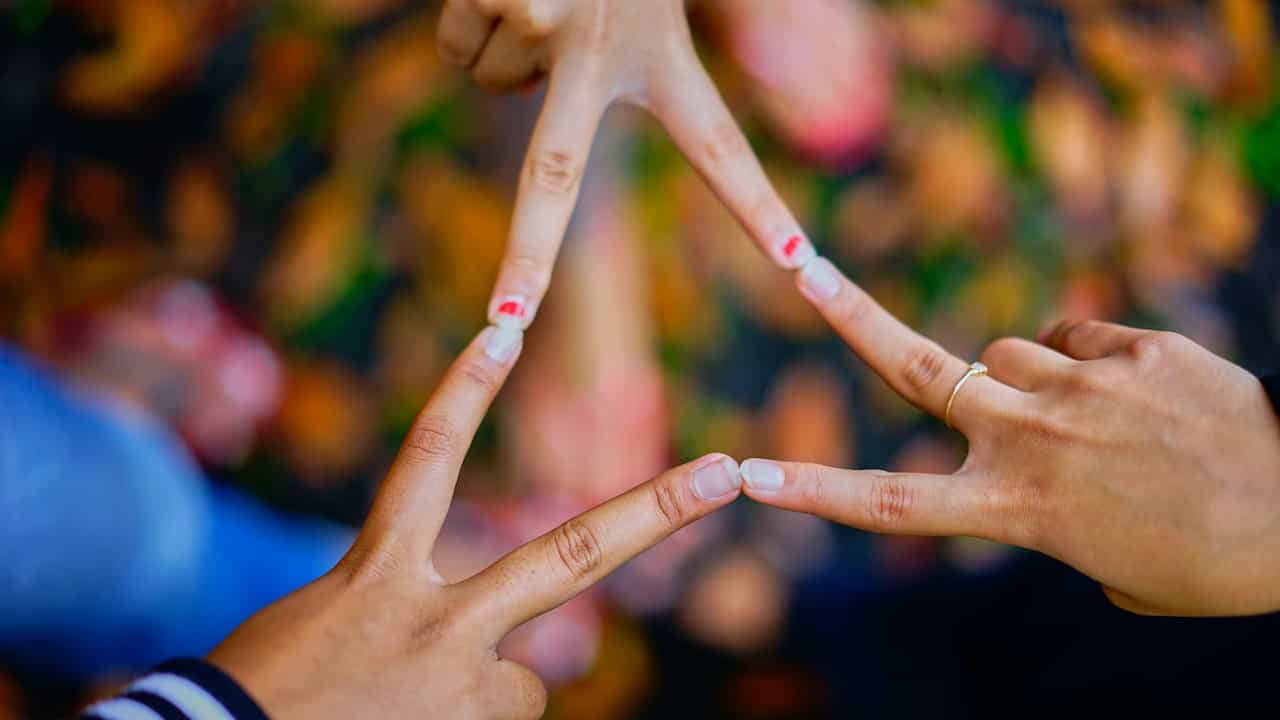In today's highly competitive and saturated market, it is essential for businesses to stand out and differentiate themselves from their competitors. One effective way to do this is by leveraging partnerships to drive marketing and consumer engagement.
Partnerships can take various forms, such as collaborations with other businesses, influencers, or even non-profit organizations. These partnerships can help businesses reach a wider audience, generate buzz, and ultimately drive sales and revenue.
One example of a successful partnership is the collaboration between the fashion brand Kate Spade and the Girl Scouts of America. In 2018, the two organizations teamed up to create a limited-edition line of products, including bags, wallets, and patches, with a portion of the proceeds going toward the Girl Scouts.
This partnership helped Kate Spade tap into the Girl Scouts' loyal and passionate customer base and allowed the fashion brand to align itself with a well-known and respected organization, enhancing its brand image and reputation. Furthermore, the partnership allowed the Girl Scouts to raise funds and awareness for their organization, creating a win-win situation for both parties.
Another example of a successful partnership is the collaboration between the fast-food chain Burger King and the National Football League (NFL). In 2019, the two organizations partnered to create the "Whopper Detour" campaign, which allowed customers to unlock a one-cent Whopper by going to a Burger King location within 600 feet of a McDonald's restaurant.
This partnership allowed Burger King to differentiate itself from its main competitor, McDonald's, and generate buzz and attention for its brand. The campaign also appealed to football fans and provided customers a unique and fun experience. In addition, the partnership allowed the NFL to promote its brand and create additional revenue streams.
In addition to collaborating with other businesses and organizations, partnerships with influencers can also effectively drive marketing and consumer engagement. Influencers, who are individuals with a large and dedicated following on social media, can help businesses reach a wider audience and increase their visibility.
Clothing brand American Eagle partnered with influencer Danielle Carolan to promote their line of jeans. Carolan, who has over 1 million followers on Instagram, showcased American Eagle's jeans on her social media channels and encouraged her followers to purchase them.
This partnership allowed American Eagle to tap into Carolan's large and engaged audience, increasing brand awareness and sales. It also allowed Carolan to promote a product she believed in and create additional revenue streams.
In addition to increasing visibility and driving sales, partnerships can also help businesses connect with their customers on a deeper level and build lasting relationships. For example, cosmetics brand Glossier partnered with the non-profit organization Girls Who Code to create a limited-edition collection of beauty products.
This partnership not only allowed Glossier to showcase its commitment to supporting girls' education and empowerment but also allowed customers to feel good about their purchases, knowing that a portion of the proceeds was going towards a worthy cause. This type of partnership can help businesses connect with their customers personally and emotionally, fostering loyalty and long-term relationships.
Leveraging partnerships can be an effective way for businesses to drive marketing and consumer engagement. Collaborations with other businesses, influencers, and non-profit organizations can help businesses reach a wider audience, generate buzz, and differentiate themselves from their competitors. Furthermore, partnerships can help businesses connect with their customers on a deeper level and build lasting relationships.


